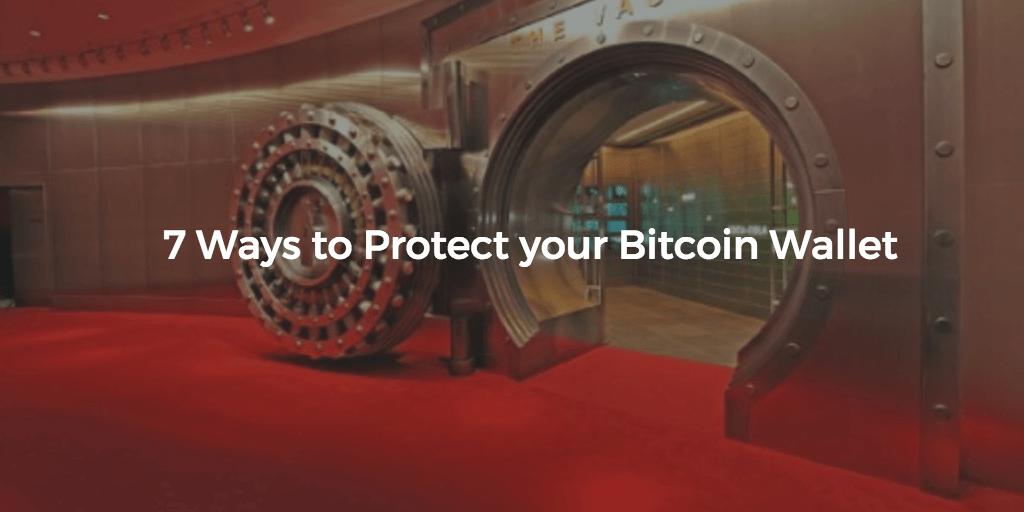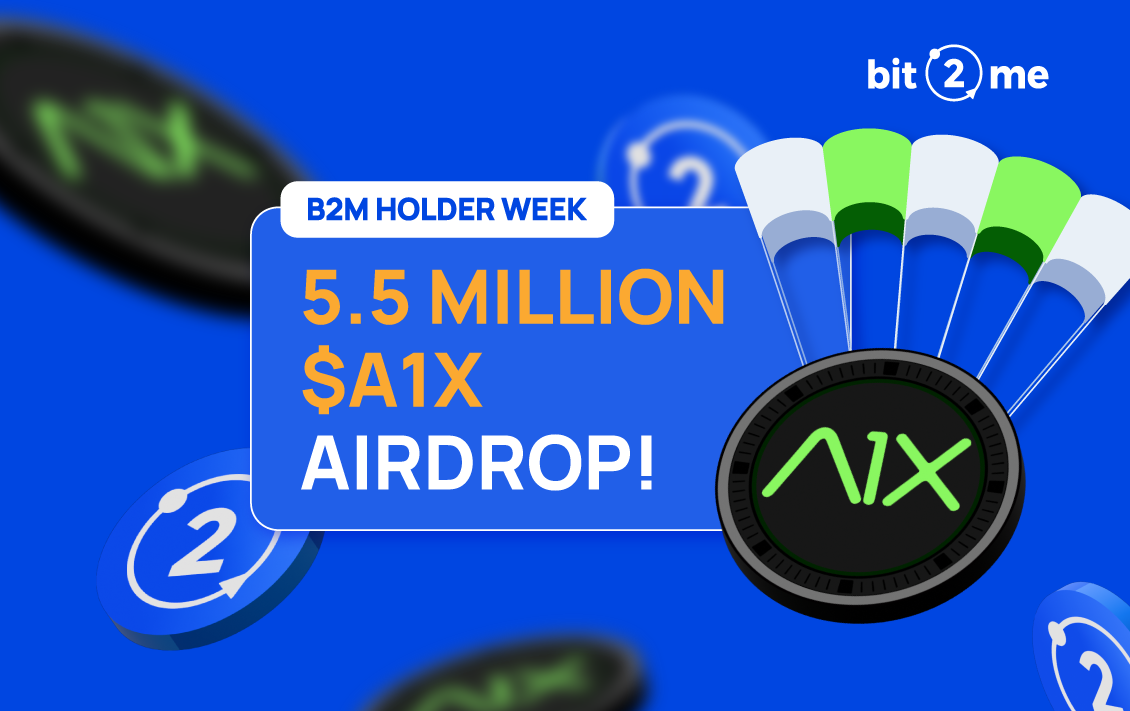Bitcoin is probably the safest cryptocurrency out there.
Until it ceases to be.
Perfection doesn’t exist and, despite in terms of security bitcoin is close to it, there are several ways in which your bitcoins can be compromised.
In fact, anyone in touch with the development of this coin since it’s very beginning knows that there has been some big “heists” up today.
The biggest thefts in the bitcoin world
Mt. Gox (I) (25.000 btc)
The very first big criminal event in the bitcoin era.
In 2011 an unknown user figured out how to hack Mt. Gox and seize more than 25.000 bitcoins.
At that moment, this plunder was worth around half million dollars, being now more than 6 millions and, when the price was peaking, more than 30 million.
After the heist, the hacker sold the bitcoins and re-bought them to exchange them back to dollars again in a clumsy attempt to erase her footprints.
Despite she was never hunted down, some Mt. Gox users got to track her IP to Hong Kong, where she is probably living now very comfortably.
Even though in that dates bitcoin was mostly unknown this massive theft sparked a necessary debate about bitcoin’s security and stability.
[Tweet “Are your bitcoins safe? Find out 7 ways to keep hackers away”]
Mt. Gox (II) (744.408 btc)
After overcoming the first major theft suffered in 2011, three years after the scandal would be even greater.
By 400 million, specifically.
The theft resulted in the loss of 744,408 bitcoins and, according to the subsequent audit, it was revealed that it had been taking place “silently” for years.
This was a hard blow for bitcoin as it emphasized that the currency is still in an early stage of development that requires caution when operating with it.
As every cloud has a silver lining, this forced the exchanges to implement new security solutions and safer alternatives emerged in the process of buying and selling bitcoins.
Silk Road (173.655 btc)
While purists would call this event a theft some others might call it justice.
In this operation the FBI closed “Silk Road” (the main black market in the “deep web”) in which you could buy from drugs to weapons, to tanks and all kinds of things that you can think of (especially illegal, of course) .
During it, 29,655 bitcoins were sized from the site and other 144,000 of its founder, Ross Ulbricht.
No one is safe
Not only having your funds in wallets and exchanges put you out of risk of losing them.
As in the real world, in the web everything can be hacked no matter how well protected you think you are.
However, if you follow these recommendations you will put it extremely difficult for anyone intending to steal your bitcoins.
1) Use a strong password.
The most obvious, the easiest to overlook.
It may sound unbelievable but there are people who still use passwords like “123456”, “1111” or a date of birth.
Although almost all passwords may end up breaking with brute force, you can always harden as much as possible this process.
Use numbers, letters (upper and lower case) and symbols.
To make life easier you can use password managers like LastPass, which are very safe and help you to generate strong passwords and remember them running minimal risks.
2) Use the two-factor authentication
Two-factor authentication is a process used to verify your identity when accessing a web service.
For example, blockchain.info lets you do this by SMS, Yubikey, Google Authenticator or email.
Google Authenticator is free, cross-platform and is compatible with many other services like Twitter or Dropbox, plus Google services.
3) Make backup copies of your wallet and encrypt them
If you don’t use an e-wallet it’s convenient to do different backups stored in different places.
You can make backups in cloud storage services, USB flash drives, SD cards, etc.
Once you have made these copies, encrypt them with other services to make them virtually incorruptible like these.
4) Create paper wallets
The only way to keep your bitcoins away from the claws of hackers is removing them from the network.
Although this entails the usual risks of any physical object, it is a safe, simple and a free way to protect your bitcoin.
If your wallet is provided by Blockchain.info you have the option to print it by clicking the appropriate option in the “Import / Export” section.
If not, you can use bitaddress.org or a more sophisticated platform like bitcoinpaperwallet.com, which allows you to include holograms or order a CD with Ubuntu preinstalled with software to create all the paper wallets you want.
5) Cold Storage
No, Bitcoins are not sensible to temperature, but there are services like Coinbase’s Vault or Xapo where you can store your bitcoins in offline servers protected with high level security standards.
This option is recommended if you have large sums of money since you can deposit your little (or large) fortune and use other wallets with small amounts to operate dailyday by day.
6) Use multisig wallets
Multisig wallets allow to include multiple users when creating them whose approval is required to operate with the bitcoins they contain.
Coinbase, Coinbin and Electrum are some providers of this type of wallets.
7) Brain Wallets
The best way nobody can access your bitcoins is not saying or leaving anywhere your private keys.
A “Brain Wallet” refers to the concept of storing your Bitcoins in your own mind memorizing a pass-phrase from which your private key and the rest of numbers and letters that will make your wallet will arise.
To do this you should use a long sentence, with misspellings and symbols to strengthen it as much as possible.
Once you have it you can create your brain wallet in brainwallet.org
Conclusion
Although the technology in itself is really safe and major online wallets are a lot more safer in terms of security, you won’t ever be 100% safe from the evil arts of hackers and thieves.
As usual, common sense is also a good counselor when it comes to protecting your bitcoins.
Along with it and these seven solutions proposed you will put a high protected frontier between your bitcoins and the rest of the world.
And what about you?
How do you protect your bitcoins?
[Tweet “Are you protecting your bitcoins? Discover 7 ways to make them unreachable to hackers”]

 Author
Author


